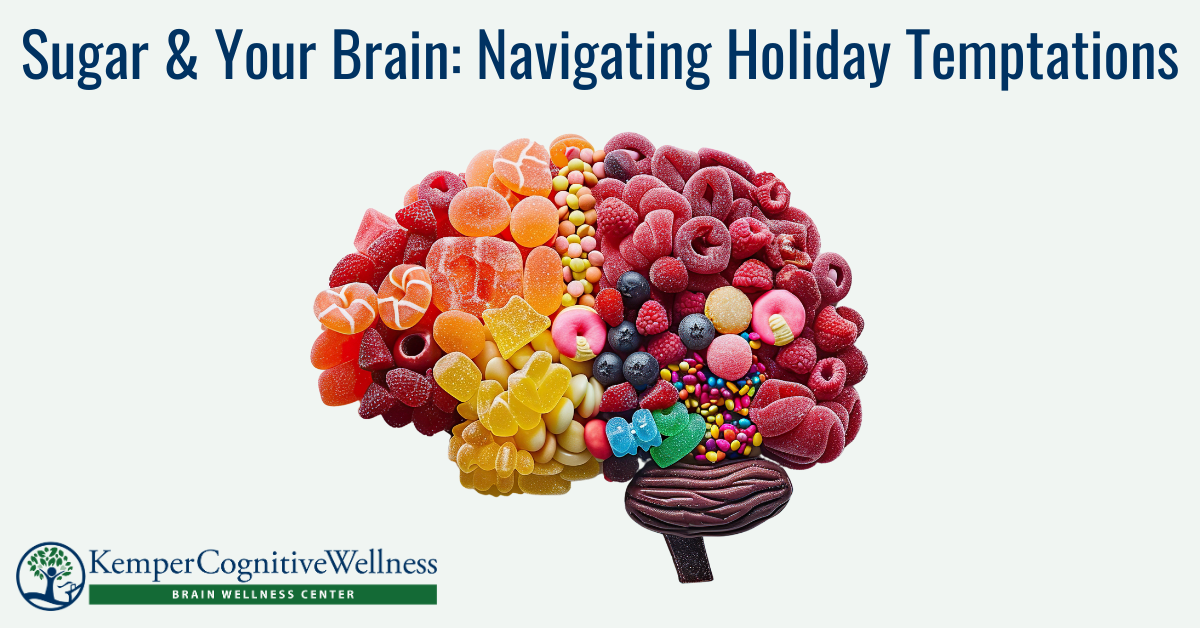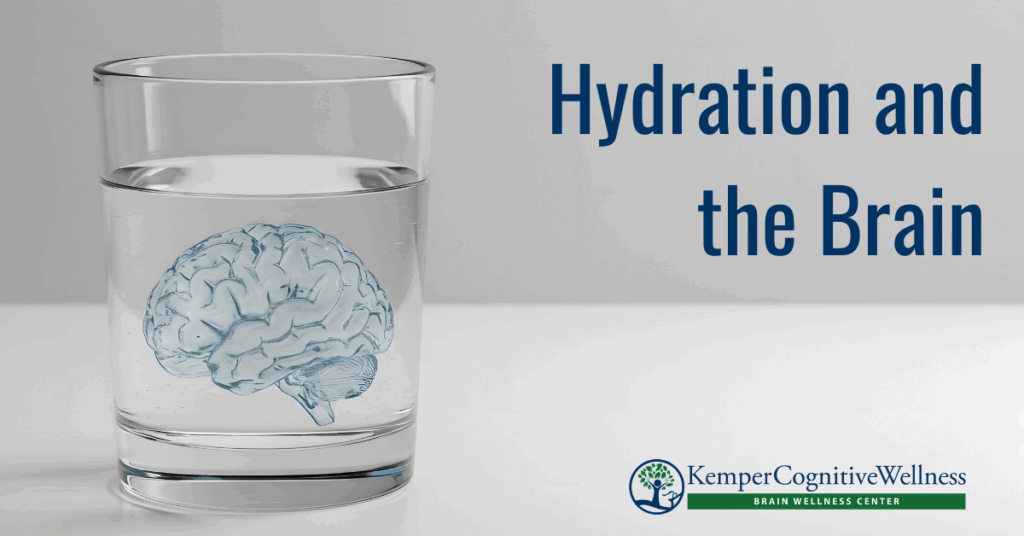As Halloween and the holidays approach, it’s easy to get caught up in the excitement of sweet treats and indulgence. While enjoying candy and desserts is part of the fun, it’s important to be mindful of the impact sugar has on our bodies, especially on brain health. While a little indulgence is fine, overconsuming sugary foods can lead to unstable blood sugar levels, which not only affect energy but also cognitive function.
If you’ve ever noticed your energy crashing midday or experienced brain fog, unstable blood sugar could be the culprit. Sugary foods cause your blood sugar to spike rapidly and then drop just as fast. This roller coaster effect strains your brain cells, promoting inflammation and potential long-term damage. You may be surprised to learn that you don’t have to be diabetic for sugar to harm the brain.
Short-term unstable blood sugar levels can make you feel light-headed or “foggy”. Over time, high sugar levels impair the brain’s ability to use glucose as fuel, resulting in cognitive decline. Researchers even refer to Alzheimer’s as “Type 3 diabetes” or “Diabesity,” as chronically high insulin levels are a known risk factor for developing this disease.
So how can you reduce the negative impact of sugar?
As the holidays approach, you will be bombarded by sugary foods. While you don’t need to completely deprive yourself, it’s easy to go overboard. Remember, Halloween is one day, but many break out the candy weeks prior. Before you know it, you are indulging from October to December. Set limits for yourself.
If you do eat something sweet, try to limit your refined carbs and sugars at other places in the day. For example, if you plan to have a slice of pie, skip the sugary drinks, and try to fill up on veggies and protein at dinner to curb some of sugar’s negative effects. Aim for foods that provide steady, long-lasting energy like foods rich in protein and fiber, like nuts, non-starchy vegetables, and whole grains. Foods high in refined sugar, such as soda, sugary drinks, white breads, and desserts are among the most important to limit.
As you enjoy the celebrations of the season, make mindful choices about sugar to protect both your physical and cognitive health—your brain will thank you!
-Nikki Gould, RDN, CLT at Kemper Cognitive Wellness
Here are a couple brain healthy treats to enjoy:





